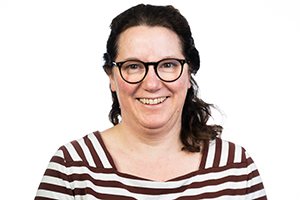Chalmers University of Technology
Photocatalytic Solar Energy Conversion for Storable Energy
Academic project
PhD
Open
Research question
One of the key challenges for society today is to find sustainable ways to generate renewable fuels and high value chemicals. Or in other words, to store solar energy in chemical bonds. This can for example be hydrogen generation, or as in this project, transformation of CO2 to e.g., methane, methanol or formaldehyde using solar energy. These reactions are challenging for many reasons, including that they require transfer of several charges in a single reaction step to form the desired products. A sustainable solution obviously also requires that the active photocatalytic materials are based on benign and abundant elements such as carbon, oxygen and iron, to name a few. In this project we will design hybrid materials that can both absorb sunlight (the energy input for the reaction) and perform the desired catalytic reactions. We will study how the composition of the material affects which product we form, how much and how fast we can form them, and for how long we can go on, aiming at an understanding for how we should engineer the materials to give the desired products.
Sustainability aspects
There are two main sustainability aspects of this project (in addition to only using benign and abundant materials), the first one is that we use solar energy to counteract CO2 emissions and transform it into more useful chemicals. The energy stored in the chemical bonds can either be released at will, as a fuel, but it also allows for a greater degree of circularity in use and re-use of important industrial chemicals like CO.

Chalmers University of Technology
Maria Abrahamsson
Professor
abmaria@chalmers.se
Explore projects under the WISE program
WISE drives the development of future materials science at the international forefront. The research should lead to the development of sustainable and efficient materials to solve some of today's major challenges, primary sustainability. On this page you can read more about our research projects.
Explore projects